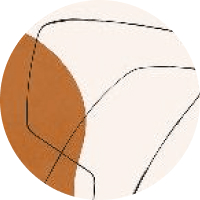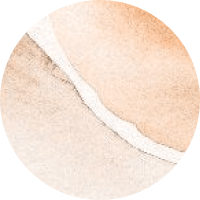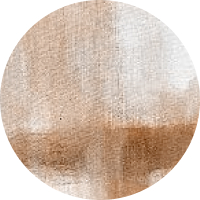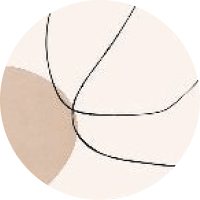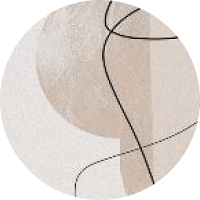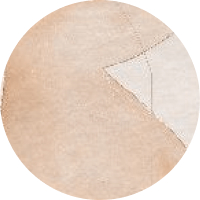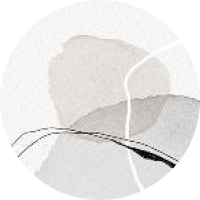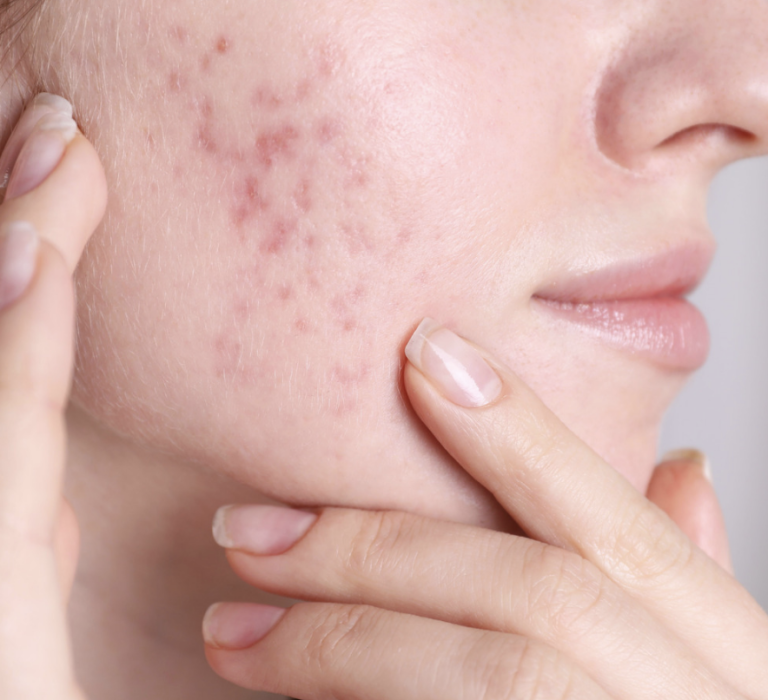Rosacea
Rosacea is a common yet challenging skin condition that can be difficult to manage, particularly when dealing with persistent flare-ups. If not properly addressed, these flare-ups can lead to long-term redness and, in some cases, thicker skin, particularly around the nose.
At New You we noticed that there is a lot of conflicting advice available online about how to treat rosacea, which can leave patients feeling confused about the best approach for their skin.
To shed some light on why rosacea is so hard to treat and explore potential solutions, we sat down with Dr. Amanda Sabel, our clinic’s founder and expert in skincare, who has years of experience working with rosacea patients.
Why Is Rosacea So Difficult To Treat?
“Treating rosacea can be difficult because every case is so different,” says Dr. Sabel.
The symptoms of rosacea vary greatly from person to person, and even within the same person from one flare-up to another.
Common symptoms include redness, blotchy skin, irritation, itching, burning sensations, dryness, flakiness, pimples, and mild swelling. Because of this variability, there is no one-size-fits-all solution, and what works for one person may not work for another.
The Confusion Around Ingredients
One of the main reasons why rosacea treatment can be so confusing is the abundance of conflicting information. Take Vitamin B3 (Niacinamide), for example. Some sources recommend it as a soothing ingredient for rosacea, while others advise against it.
The truth is, Niacinamide can be beneficial for some people, but for others, it may cause irritation.
“You really have to treat each person differently,” explains Dr. Sabel.
It’s about understanding how each individual’s skin responds and tailoring treatment accordingly.
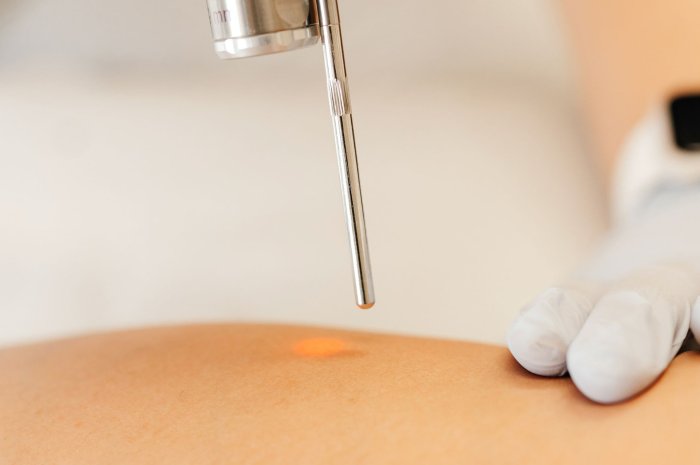
Solutions
So, What Works for Rosacea?
Rosacea is fundamentally an inflammatory condition, so the key to managing it is reducing inflammation without triggering further irritation.
During a flare-up, it’s essential to keep your skincare routine simple and gentle. Dr. Sabel advises that you should:
- Use a gentle cleanser to avoid stripping the skin.
- Apply a soothing moisturiser to maintain hydration without irritating the skin.
- Avoid exfoliating too often, as this can exacerbate symptoms.
- Look for products with aloe vera for its soothing properties but be cautious—some aloe gels can contain alcohol or other ingredients that may aggravate the condition.
In terms of serums, ingredients like Vitamin C, Vitamin E, Aloe, and Sea Buckthorn can help to soothe rosacea for some individuals, bringing down redness and calming irritation.
However, for others, even these beneficial ingredients can contribute to a flare-up. As a result, we always recommend speaking with one of our Dermal Clinicians, who are trained to assess your unique case and provide tailored advice.
So, What Products Work Well for Rosacea?
Rosacea is fundamentally an inflammatory condition, so the key to managing it is reducing inflammation without triggering further irritation.
During a flare-up, it’s essential to keep your skincare routine simple and gentle. Dr. Sabel advises that you should:
- Use a gentle cleanser like AnteAge Cleanser, which is designed to cleanse the skin without stripping or irritating it.
- Apply a soothing moisturiser like AnteAge Serum, which contains anti-inflammatory ingredients that can help reduce redness and calm irritation.
- Incorporate a soothing treatment like Accelerator MD, which supports skin healing and reduces inflammation.
- Avoid exfoliating too often, as this can exacerbate symptoms.
If you’re struggling with rosacea, don’t navigate the confusion of conflicting advice alone.
Our expert Clinicians at NewYou are here to help you manage your condition effectively, with the care and attention your skin deserves.
Book a consultation today and let us guide you towards the best solution for your skin’s needs.

